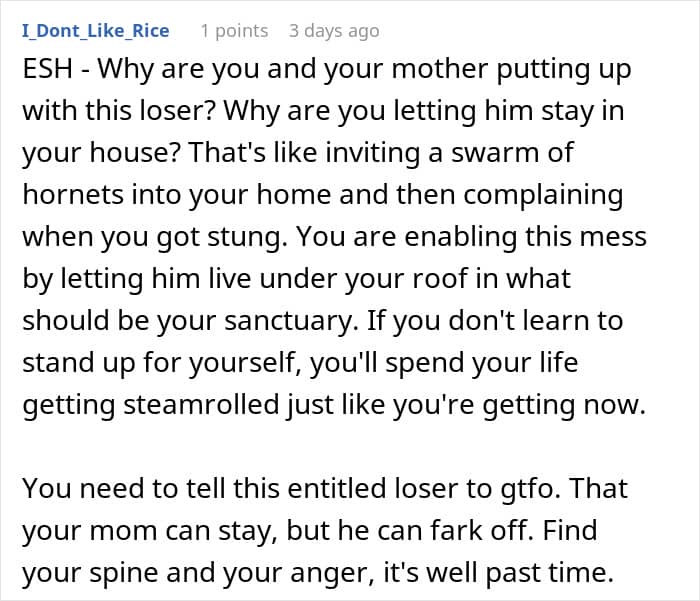Adult children living with their parents is nothing strange. According to a 2024 U.S. census, about one in three adults aged 18-34 live with at least one parent. But what’s a bit more unusual is when parents come back to live with their young adult children.
This 27-year-old woman took in her mother and stepfather when they hit a rough patch, but soon came to regret it. The stepdad treated her like a kid living in his house, so, when she couldn’t take his comments any longer, she decided to confront him.
RELATED:A 27-year-old woman got into a yelling match with her stepdad for being too controlling

As he and her mother were the ones who moved into her house, she wasn’t about to be told what to do in her own home
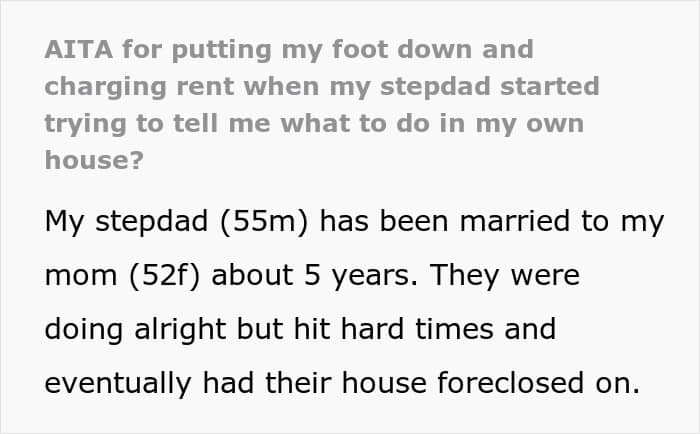
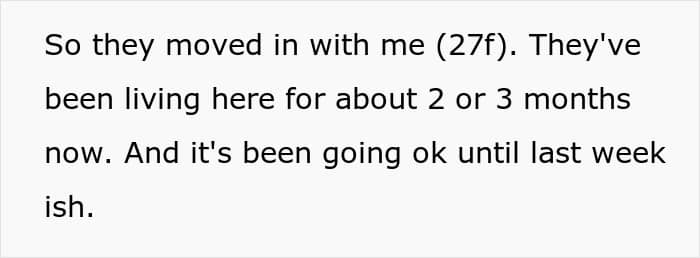


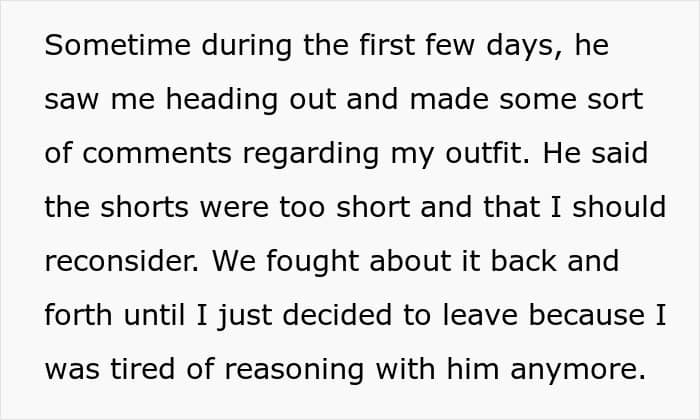









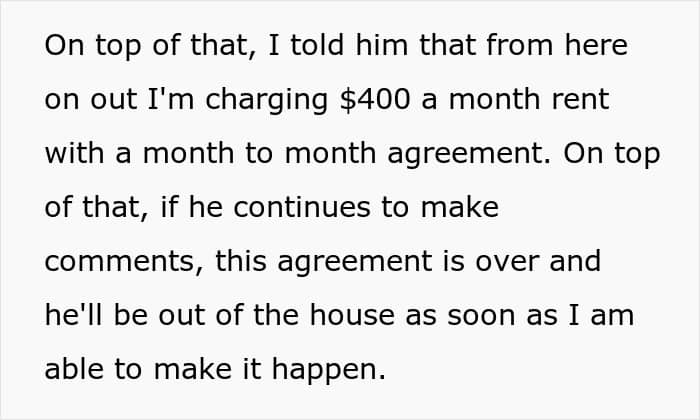
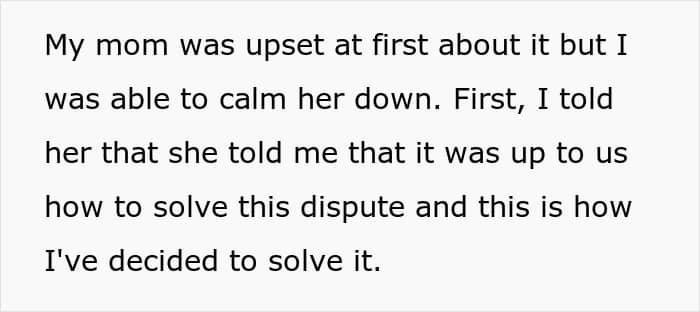

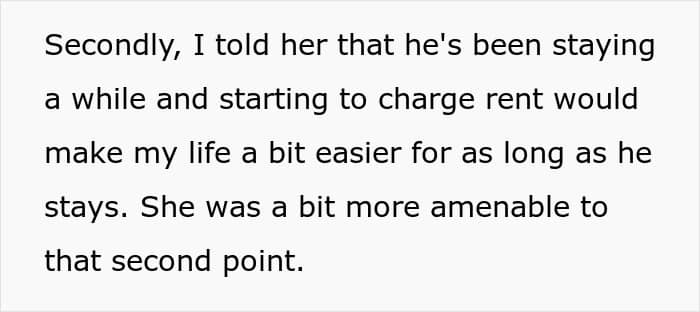

Finance experts suggest not charging rent, but encouraging family members to work and learn to budget
It can be hard to navigate boundaries when family members suddenly move in. Especially when those family members are authority figures like parents or stepparents. Just like what happened in this story, they might get territorial or revert back to parent mode, forgetting that the adult child is not a child anymore.
When it comes to letting family members move in, experts recommend setting very firm boundaries. Personal finance expert and radio host David Ramsey claims that those who take in family members who have hit a rough patch need to give them a very clear deadline of when they have to move out.
In most cases, Ramsey says, four to six months is a good period of time to let family members crash with you. “But don’t let this thing drag on with no definitive end in sight,” he warns. “That will only cause trouble and hard feelings down the road.”
He’s also against asking the family members to pay rent. While asking for rent might sound fair to some and establish a more official, almost landlord-tenant dynamic, it doesn’t help to set a specific date by which they have to move out.
Ramsey suggests demanding a clear plan from them: that means working and figuring out their finances so they can start living on a budget. “Don’t charge them rent, because the ‘rent’ will be that they work and go over their finances with you,” he clarifies.

Image credits: freepik (not the actual image)
Family members shouldn’t be ashamed to ask for financial help
This situation can be difficult for the parents, too. Perhaps they’re feeling ashamed that they have to ask for financial help from their daughter, and those feelings of inadequacy manifest themselves in the form of controlling behavior for the stepdad.
In a previous interview for We, financial therapist Nathan Astle, LMFT, CFT – I™, said that there’s no shame in seeking help from family members. “It isn’t abnormal for people to need help from their family. That isn’t inherently wrong or problematic.”
“Never let shame, guilt, or embarrassment [stop you] from seeking help. Even if your family doesn’t respond in the way you hope, you’re never in the wrong for seeking help. We aren’t supposed to do everything alone!”
When in doubt, Astle also suggests putting everything down in writing. “It isn’t a bad idea to get the agreement in writing just to make it feel more clear. I know it might seem like overkill, but clarity is key to safeguarding your family from bad feelings in the future.”

Image credits: freepik (not the actual image)
Many people agreed with the daughter and thought the stepdad was acting pretty weird: “[He] has a thing for you”
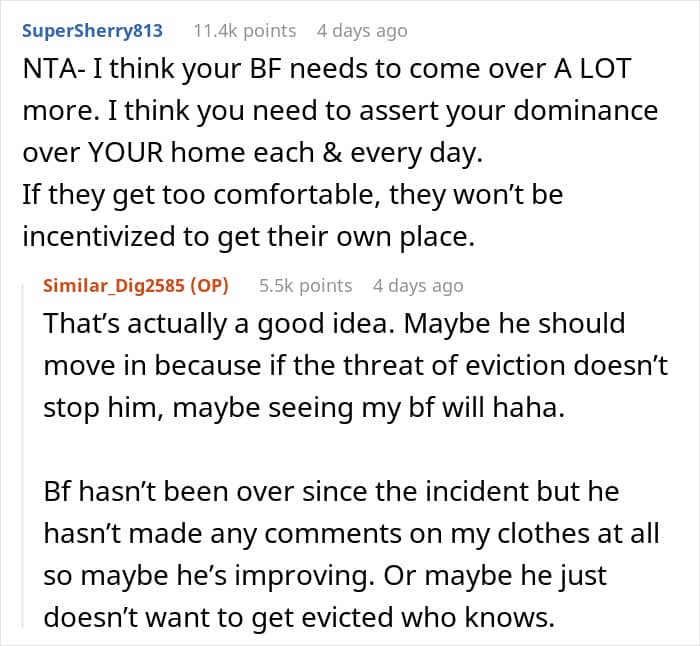
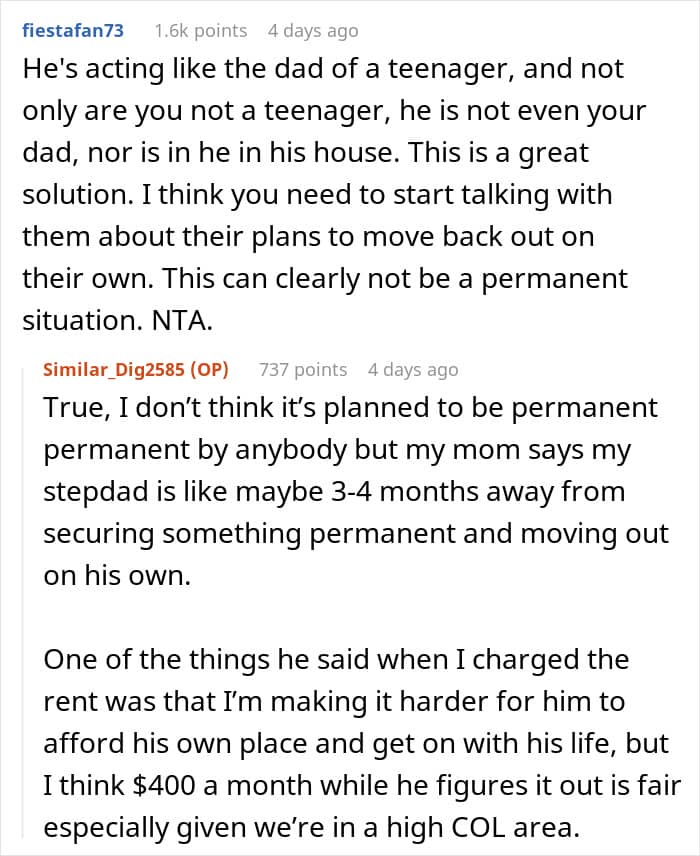
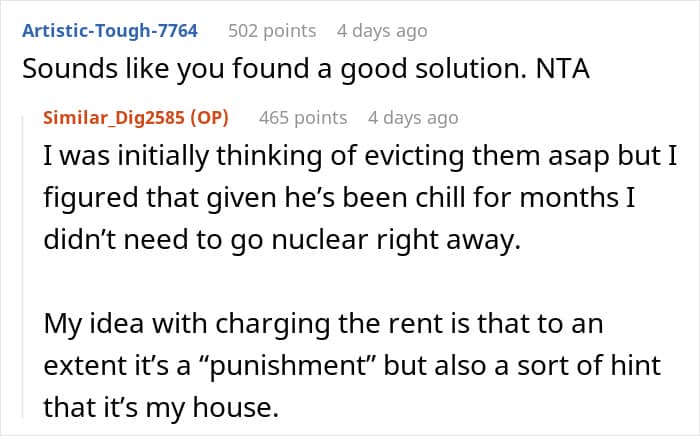

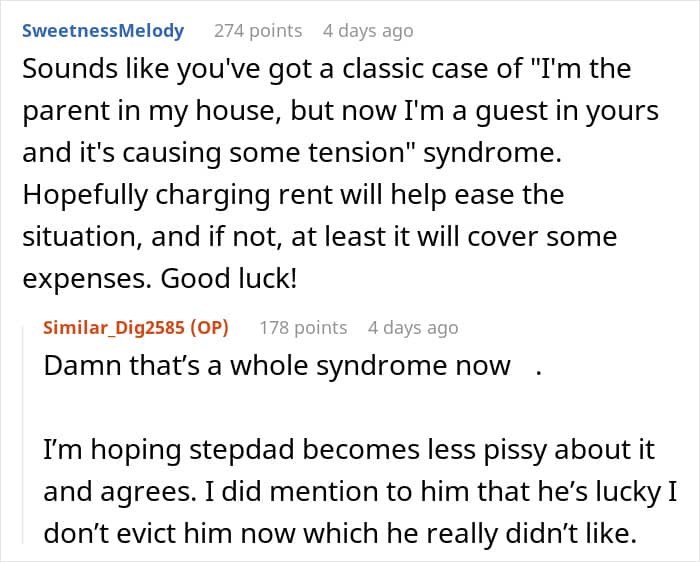


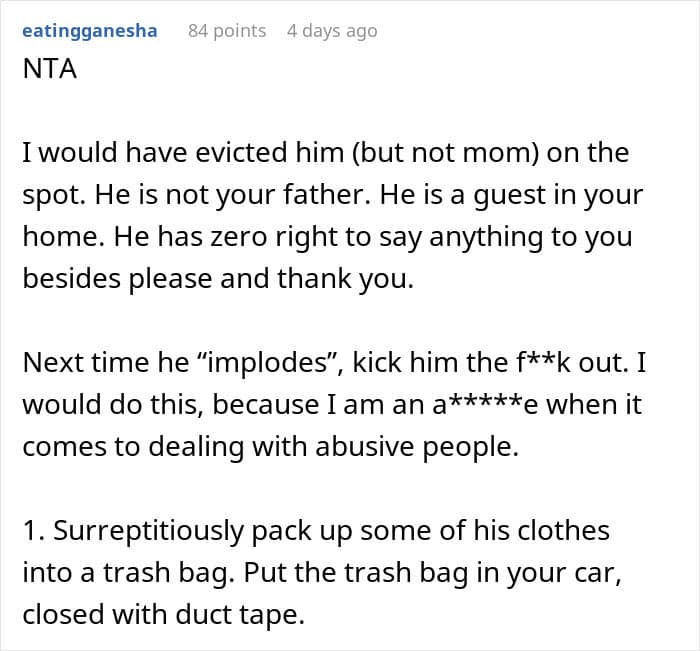
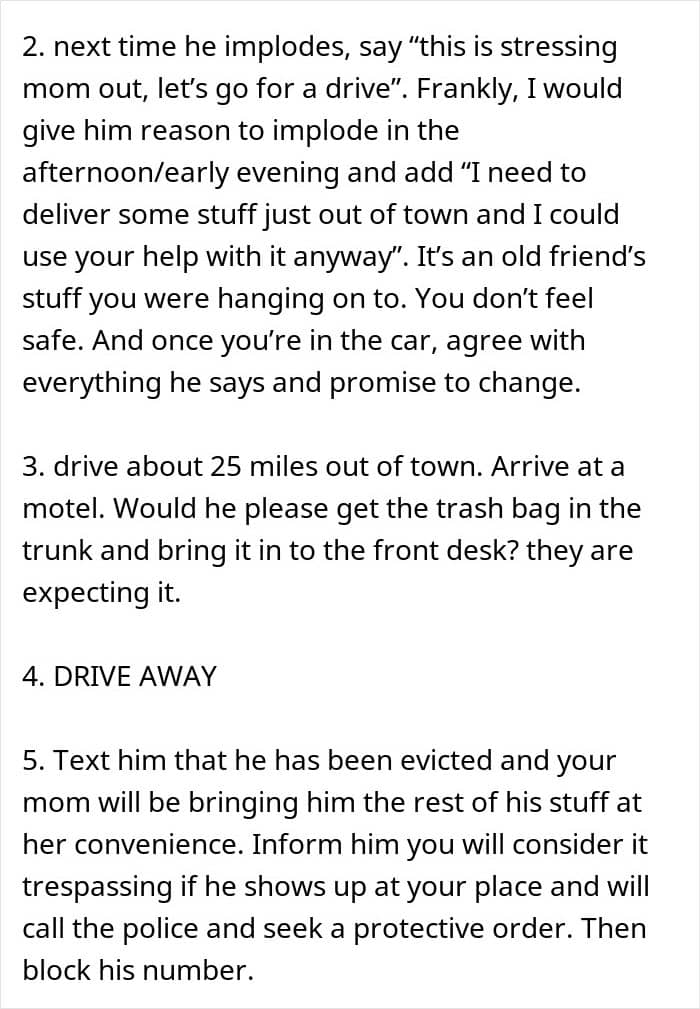


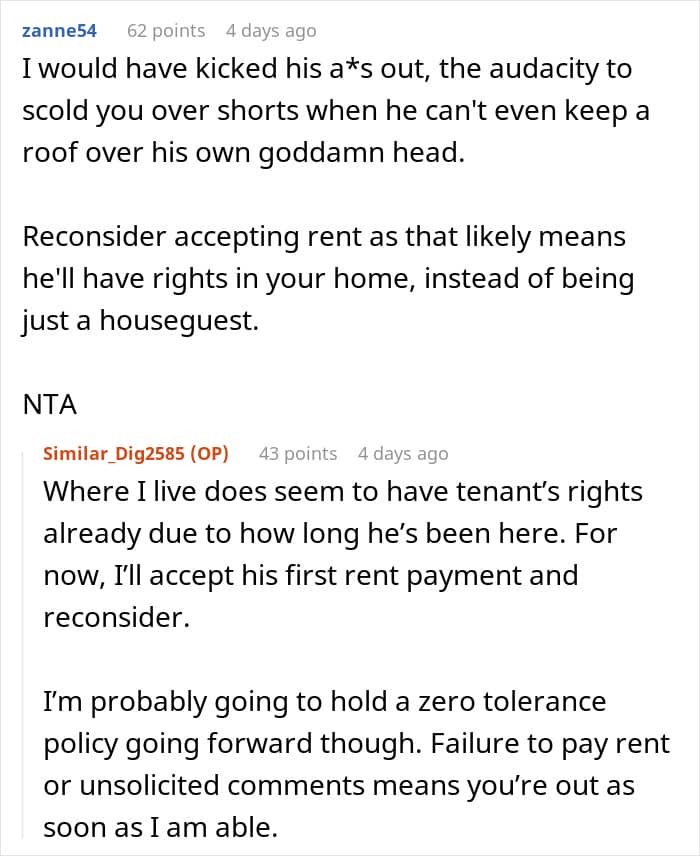
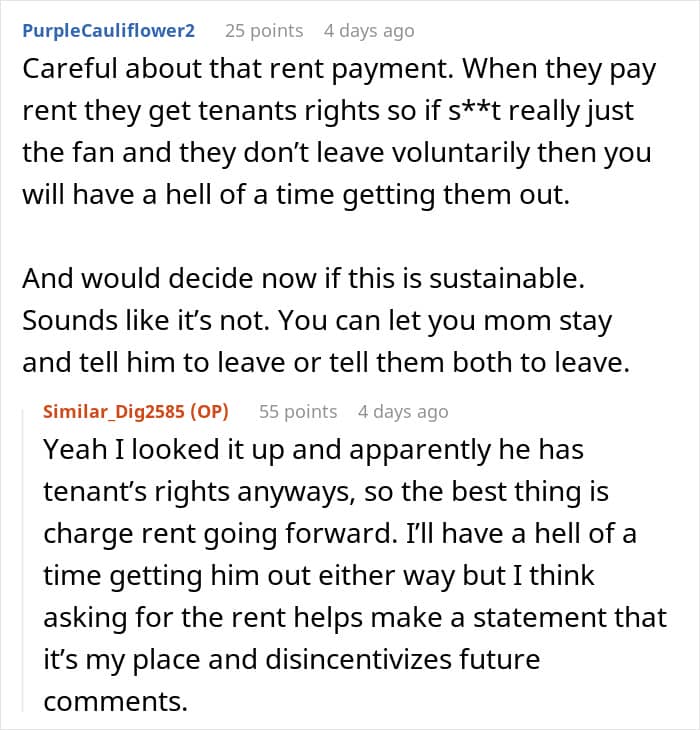
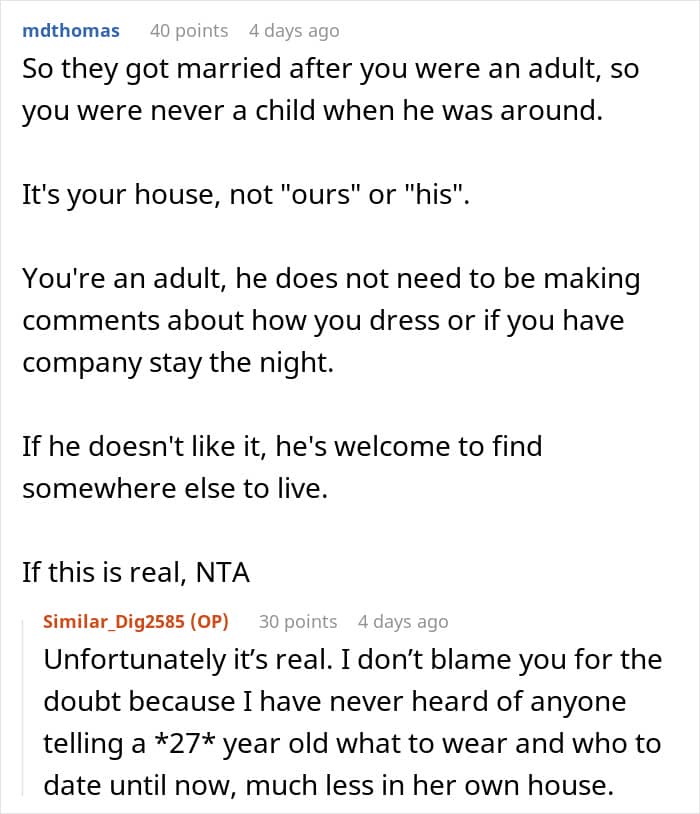
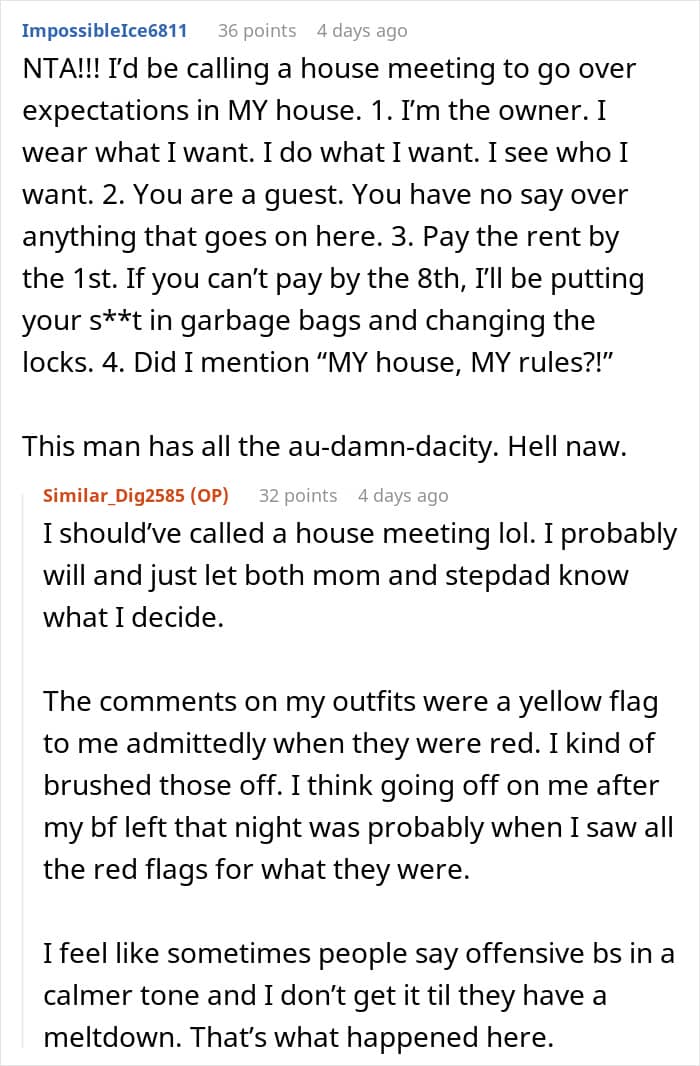


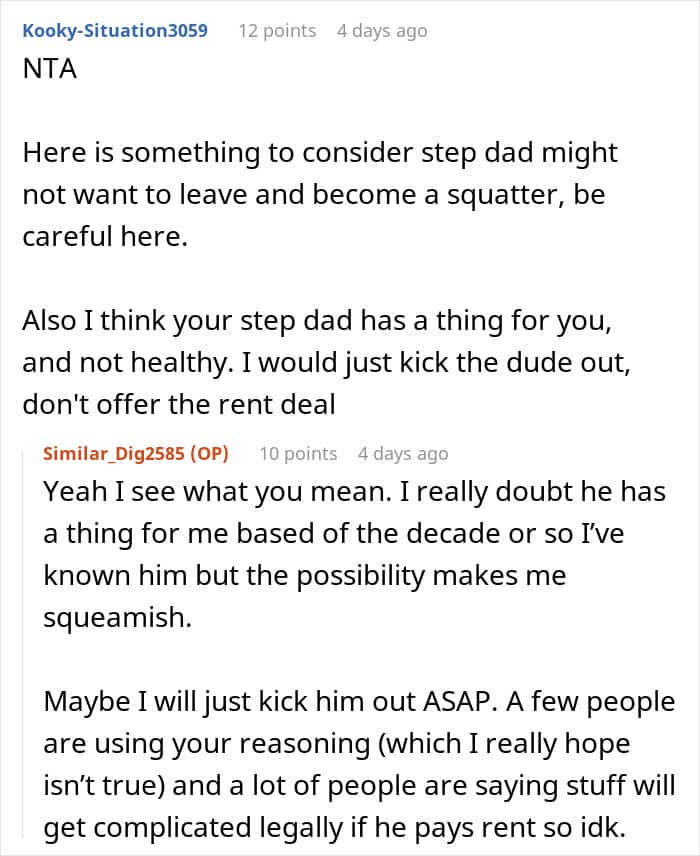
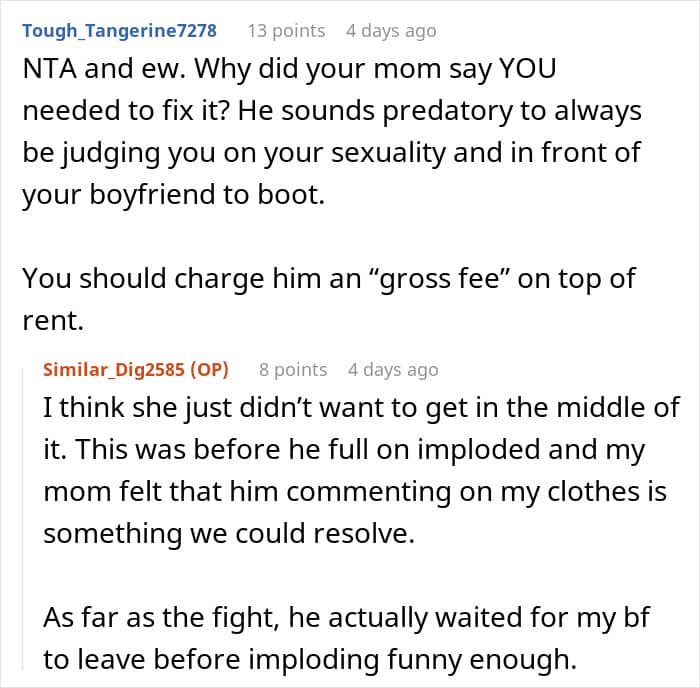
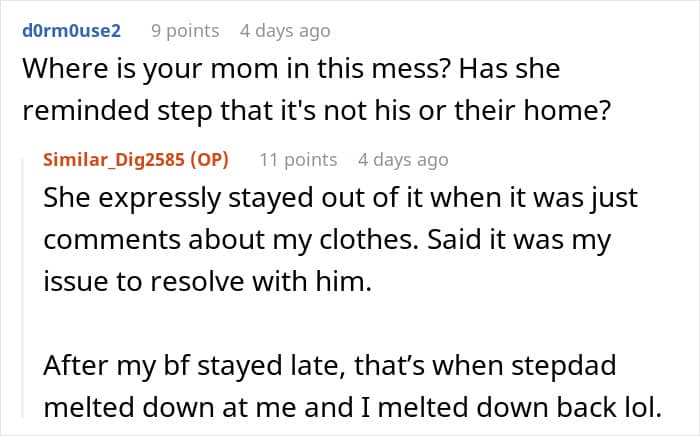


Others believed the daughter was being a jerk, but cited different reasons


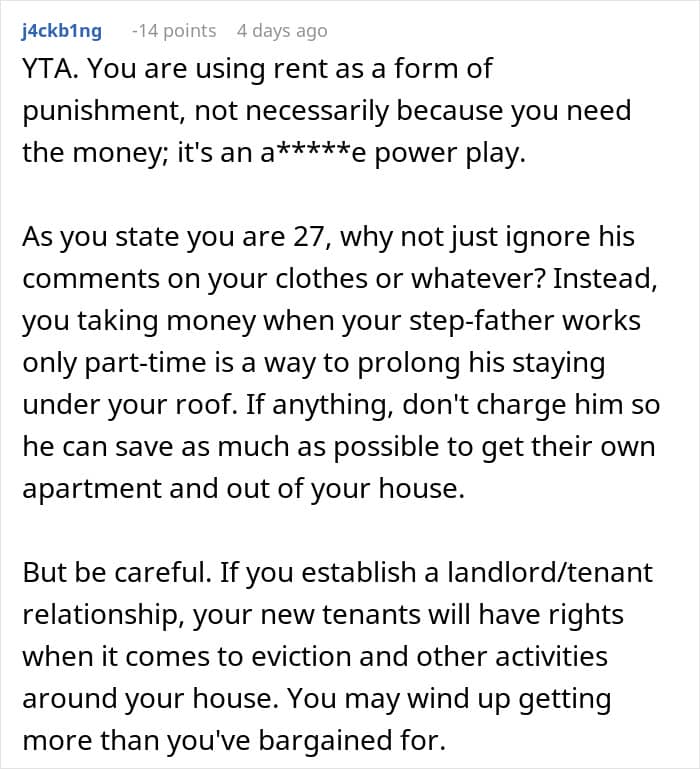
And some folks thought all three should look in the mirror: “You all have some issues”
